Catalonia (Barcelona)
Backpacks with integrated school desks; modular tiles and twisty joints; pop up recycling trailers; and even a child’s rocker – it’s amazing what new, useful things you can create out of recycled plastic, with a little bit of imagination and some cool tools.
The Plastic for Good Challenge is a campaign that brings creatives together with one mission – fighting the global plastic problem. Shredding, extruding, injecting, moulding; this is DIY plastic recycling at its most fun.
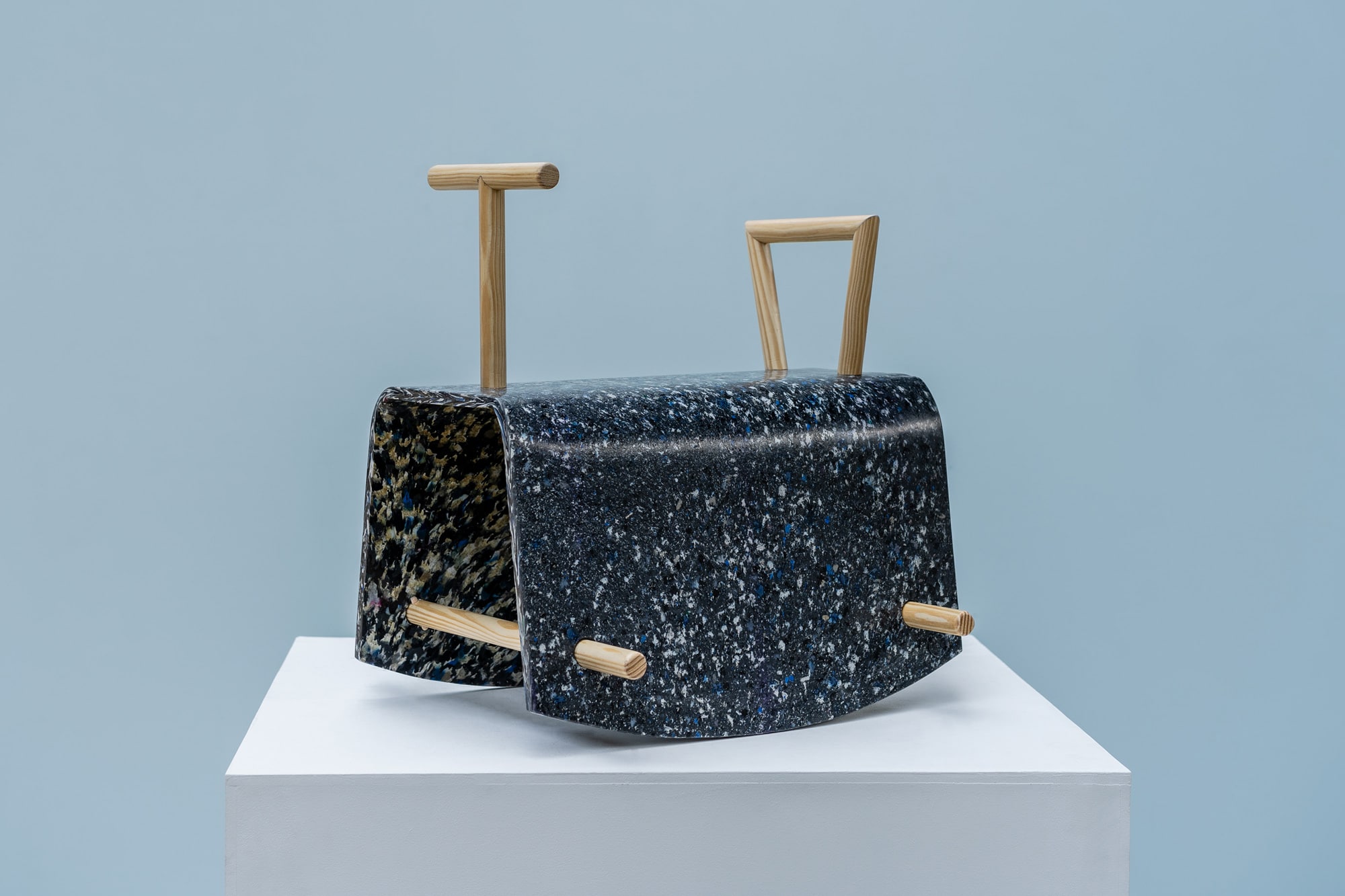
Co-funded by Creative Europe, the crafty challenge is a collaboration between Distributed Design Market Platform and Precious Plastic. It brings together 15 creative minds from all over the world to showcase the possibilities of recycled plastic as a valuable resource that allows designers and makers to create meaningful products.
Today plastic poses one of the greatest challenges to society. Once it has served its productive life, it is not just useless, but also destructive to the environment and people. The products we buy are often assembled in super-sized factories out of materials that often have to travel long distances. Mass-produced, highly standardised products leave no room for individual customer needs or the use of local resources. What if we could change this system?
Precious Plastic is a global open source movement with a community that works towards a solution to plastic pollution. Started in 2013 by Dutch designer Dave Hakkens, their mission is to let people in every corner of the world know that they can start their own local little plastic recycling workshop: “We develop machines to recycle plastic and share the blueprints open source for free so that everyone in the world can download and build them.”
The global online community of over 104,000 people relies on interacting and sharing. The network now includes over 200 people who have built machines – and a new one is popping up every week. Meanwhile, the Distributed Design Market Platform (DDMP) fosters the role of emerging creative players, makers, designers, artists, architects and scientists within our new digitised world.
For the first design challenge, the Precious Plastic community welcomed 15 DDMP creatives into their Eindhoven ‘Basekamp’ in the Netherlands in June 2019. Coders, designers and makers from all over the world came together with one objective: to produce a product out of recycled plastic to improve lives in one week.
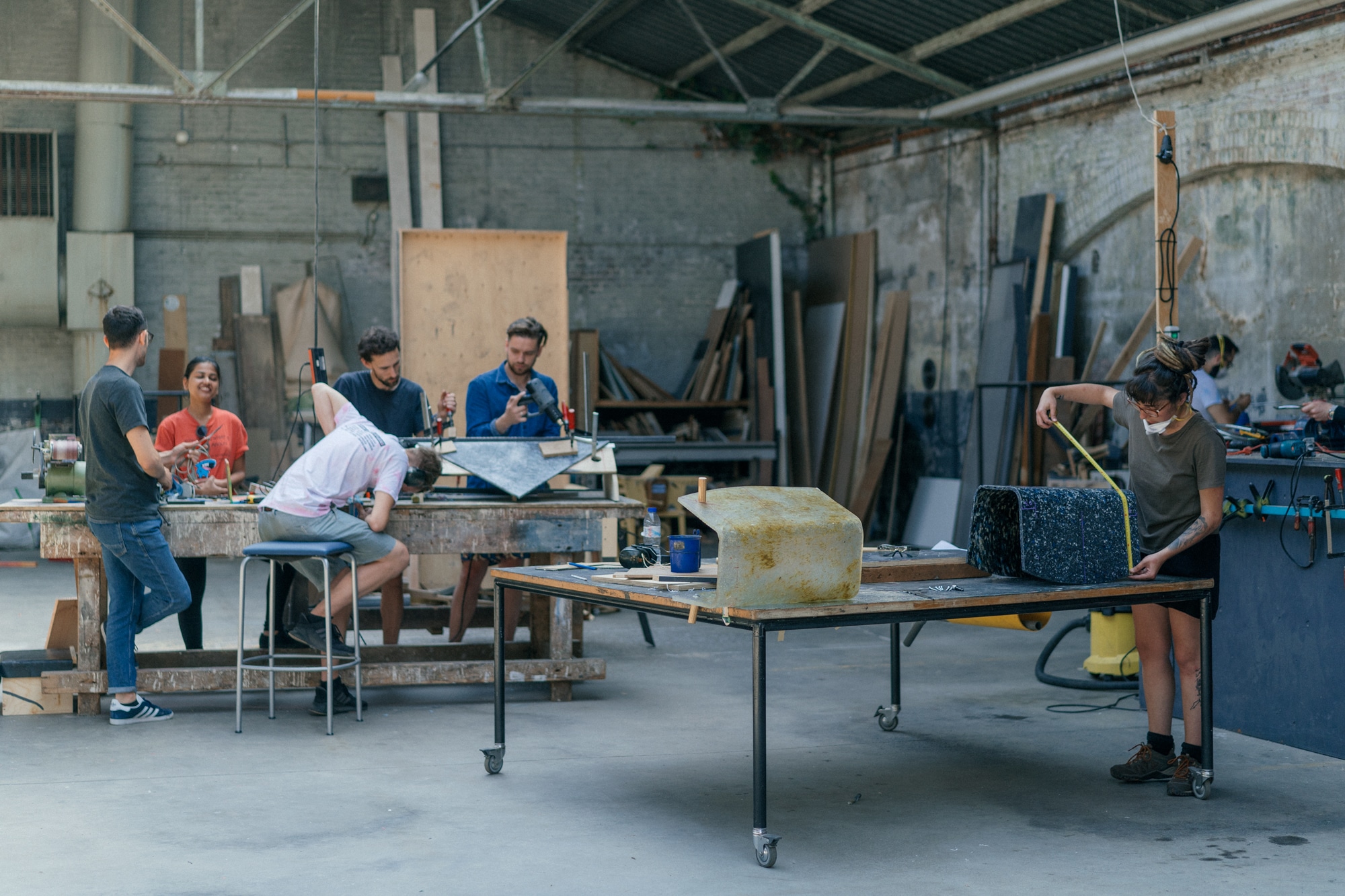
The five groups worked with the latest Precious Plastic machines to bring their imaginative designs to life. “Part of the magic of the process is that the recycled plastic sheets and beams have an attractiveness and a feel of high quality to them,” explains creative director Marcel Rodríguez. “At their best, the colourful, marbled plastics can emulate the look of stone, ceramics or even glass, when transparent.”

For Marcel, the most exciting part was seeing how 15 creative minds from very different backgrounds and fields managed to conceptualise, design and manufacture meaningful products in just one week, “from understanding how to work with new materials and tools, to overcoming a heatwave!”
Next, the Plastic for Good Challenge team wants to encourage local communities of makers and designers to replicate the campaign in as many places as possible to address local problems using recycled plastic. Because only good can come from that.
AtlasAction: All products from the 2019 challenge are fully open source and can be downloaded from Wikifactory for everyone to be able to make, improve or adapt them to their local needs – whether created in a lab, or at home with Precious Plastic machines.
Bio
Editor, Atlas of the Future
Project leader
Kate Armstrong, Project Manager, Marcel Rodríguez, Creative Director, Manuela Reyes, Art Director, Alessandra Schmidt, Coordinator and Hannele Tëras, Social Media Manager
Support the Atlas
We want the Atlas of the Future media platform and our event to be available to everybody, everywhere for free – always. Fancy helping us spread stories of hope and optimism to create a better tomorrow? For those able, we'd be grateful for any donation.
- Please support the Atlas here
- Thank you!
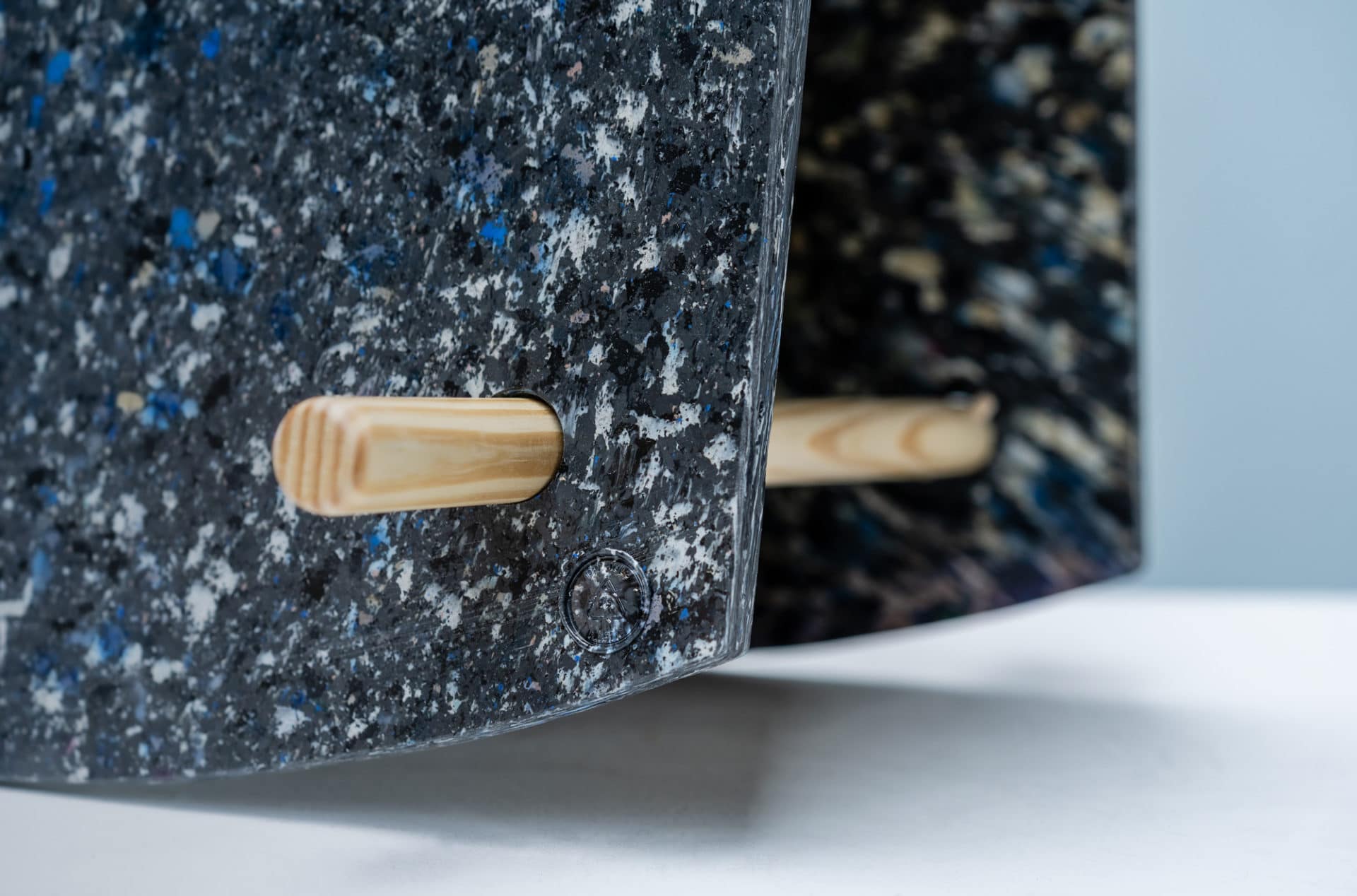
'Steedy' by Ana Ferreira, Milo Mcloughlin and Emanuele Béla

‘Twist’ by Marc Benito, Damien Ragoucy, Francisco Gómez
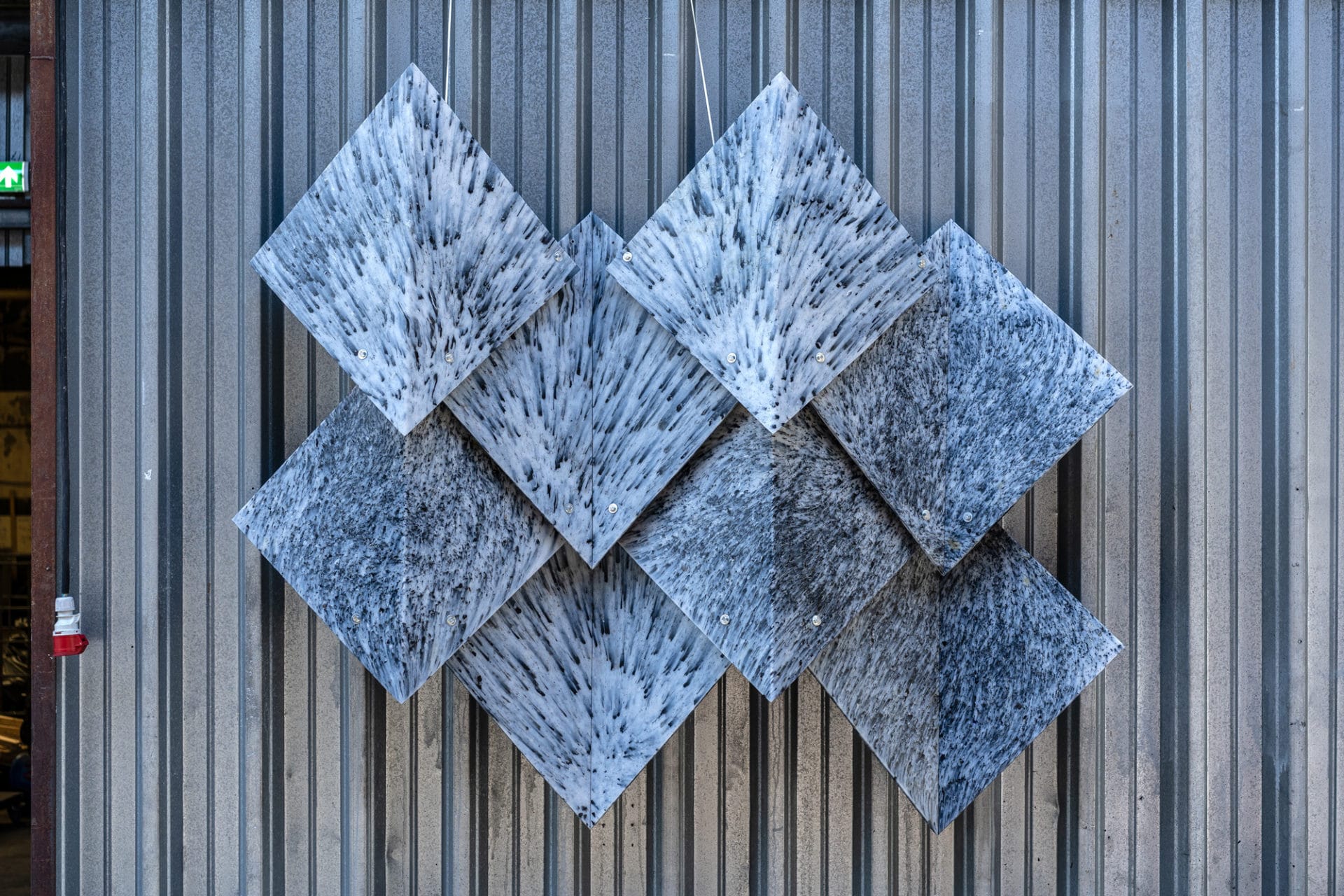
‘Muchas Mantas‘ by Aniol López, Nikolas Kichler and Tom Meades
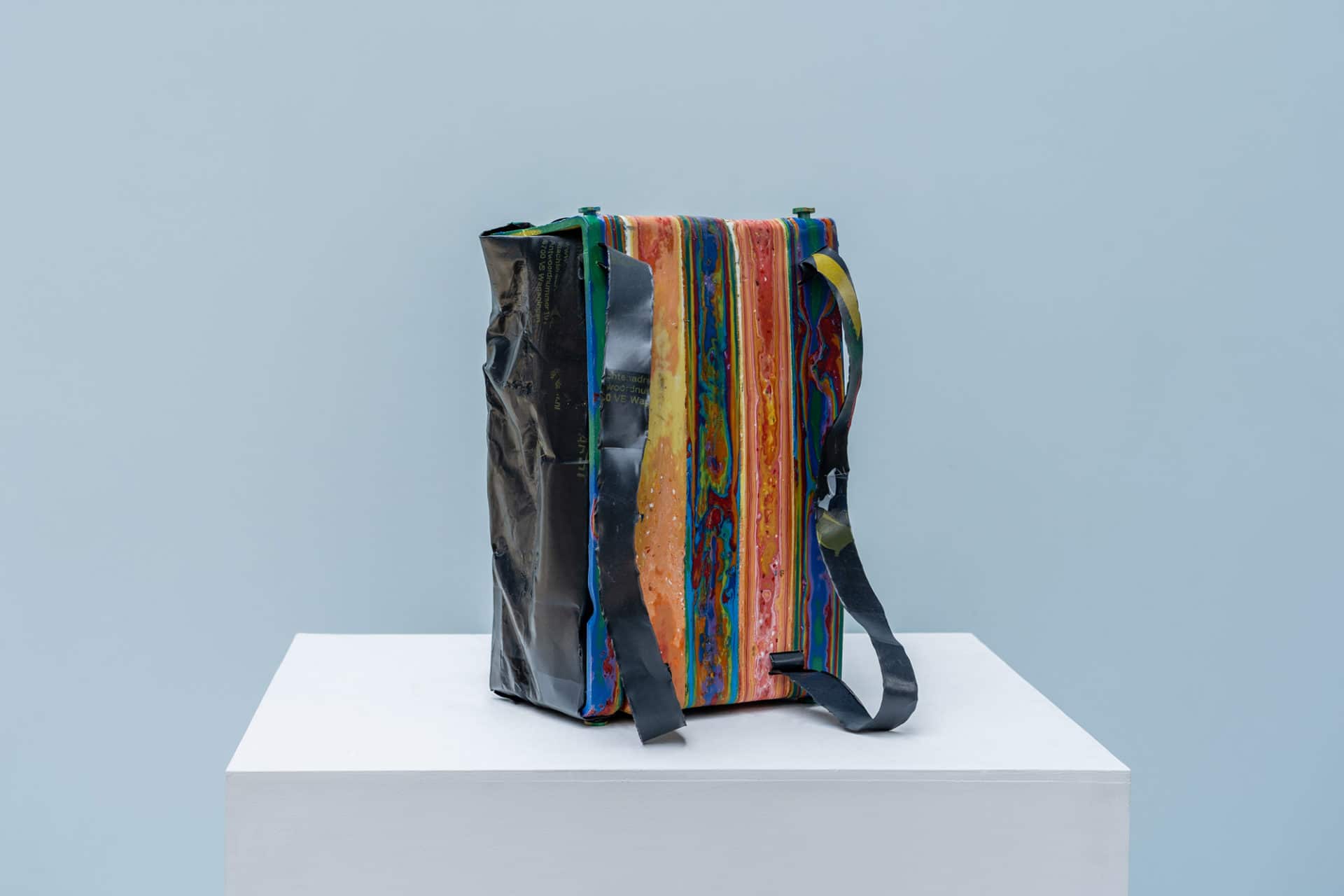
‘Aam Backpack‘ by Nidhi Mittal, Moritz Wursow and Agustin Flowalistik
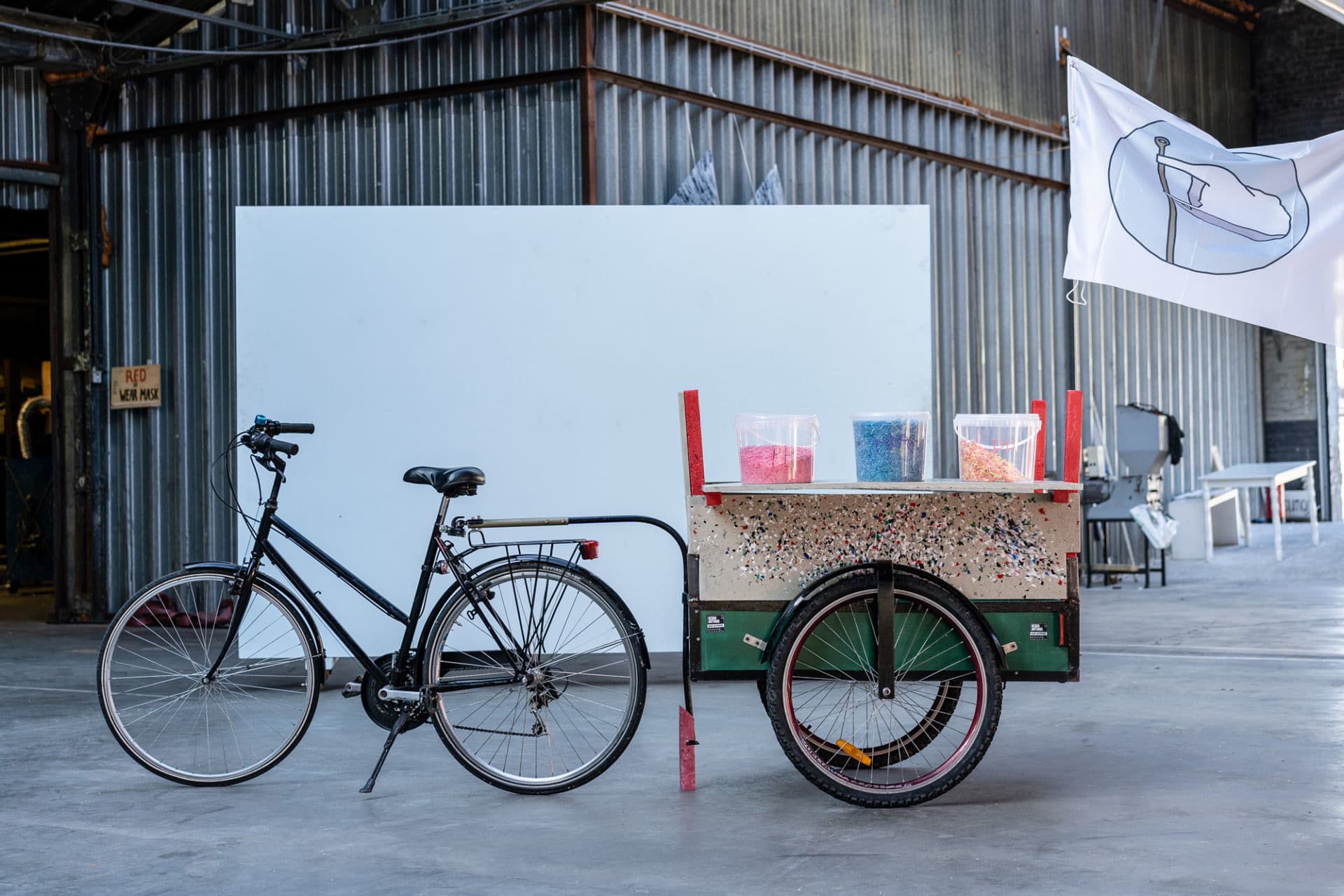
‘JIMGO‘ by Gisli Snaer, Vivien Roussel and Mattia Ciurnelli


A world without plastics is impossible to live in for the modern man, so , thank you for your efforts to make the material useful another time.